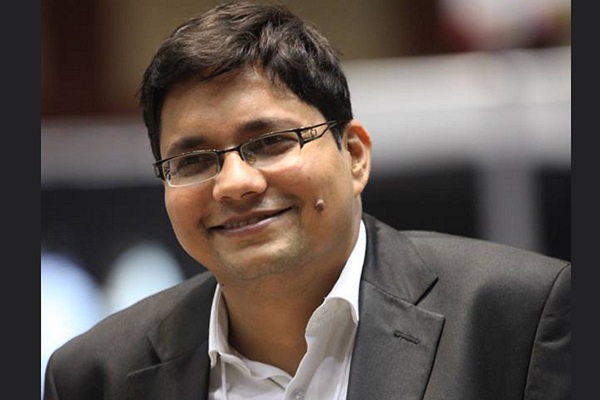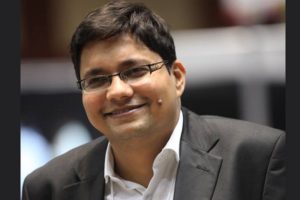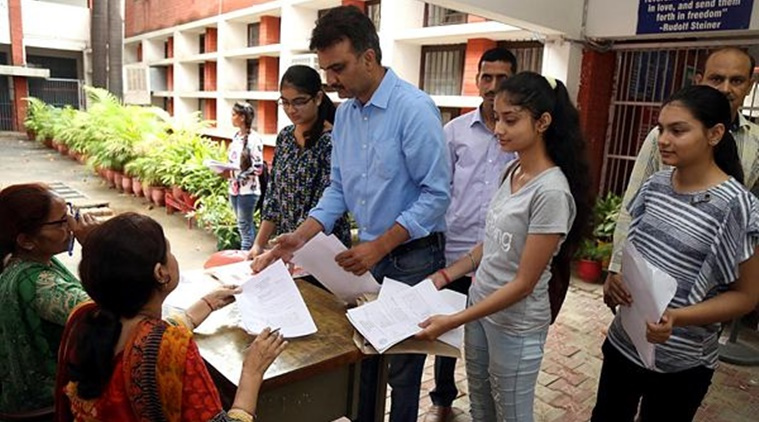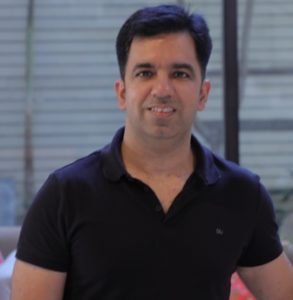Emerging technologies in education revolutionise the way students and teachers work and interact by eliminating the challenges and understanding the needs, observes Akash Tomer of Elets News Network (ENN).
Recent advancements in Educational Technology (Ed-Tech) are nothing short of amazing. The developments that have emerged in this field are empowering educators to create remarkable learning experiences for today’s young minds.
Now, the education field looms on the horizon of positive disruption. New technologies promise to make it easier and faster for students to learn.
Explaining about how technology is helpful in education, Sahil Aggarwal, CEO & Co-Founder, Rishihood University, said, “Technology has become an enabler in democratising education. 21st century will witness a disruption in learning”.
Emerging Education and Tech Trends
A recent poll revealed that 75% of educators believe that digital content will replace textbooks by the year 2026, and there are more remarkable technologies on the way. In fact, choosing which innovations to bring into the classroom is somewhat of a challenge for educators.
Students in the classrooms of tomorrow can look forward to working with exciting resources, such as robotic kits that educators used to teach coding. Also, educators have grown weary of traditional standardized testing frameworks. Now, digital testing is emerging as an empowering resource that allows educators to track student performance and measure learning improvement over time. Furthermore, institutions can leverage Artificial Intelligence (AI) to develop customized student learning solutions based on test results.
Sharing his thoughts on usage of technology in education, Dr B Sendilkumar, Dean & Director- Health Sciences, Vinayaka Mission”s Research Foundation-Deemed to be University, said, “The 21st century will witness the democratization of learning. Anyone can teach and anyone can learn. In this era, learning will be available to everyone, everywhere, and all the time. The most important skill to develop will be the ability to learn. Fast learners will outpace machines and fellow humans, and educators will need to improve the learning ability of their students.”
Augmented Reality/Virtual Reality: Augmented reality in education can serve a number of purposes. It helps the students easily acquire, process, and remember the information. Additionally, AR makes learning itself more engaging and fun. It is also not limited to a single age group or level of education, and can be used equally well in all levels of schooling; from preschool education up to college, or even at work.
Augmented reality in education can serve a number of purposes. It helps the students easily acquire, process, and remember the information. Additionally, AR makes learning itself more engaging and fun
Virtual Reality is the term used to describe a three-dimensional, computer-generated environment which can be explored and interacted with by a person. That person becomes part of this virtual world or is immersed within this environment and whilst there, is able to manipulate objects or perform a series of actions. VR implies a complete immersion experience that shuts out the physical world. Example, instead of having a classroom setting being taught about History, students can be taken virtually back in time and see events unfold in front of them.
Arpan Stephen, E-Learning Expert – Medical Education, explained the importance of AR, VR and other technologies in education, he said, “Augmented and Virtual Reality is a game changer in educational pedagogy. It changes the way we learn, providing experiential learning by simulating real world environment. AR and VR increases student engagement drastically by providing them insight to what they will experience in various environments. We all are visual learners and this technology is one of the most powerful one to overcome learning challenges by bringing students as close as possible to reality.”
Artificial Intelligence: The academic world is becoming more convenient and personalised thanks to the numerous applications of AI for education. This has changed the way people learn since educational materials are becoming accessible to all through smart devices and computers. Today, students don’t need to attend physical classes to study as long as they have computers and internet connection. AI is also allowing the automation of administrative tasks, allowing institutions to minimize the time required to complete difficult tasks so that the educators can spend more time with students.
Machine Learning: Machine learning is a subset of Artificial Intelligence (AI) that helps computers or teaching machines learn from all previous data and make intelligent decisions. In the field of education, teachers can save time in their non-classroom activities by adopting machine learning. For example, teachers can use virtual assistants who work remotely from the home for their students. This kind of assistance helps to enhance students’ learning experience and can improve progression and student achievement.
The Internet of Things is indeed transforming the education sector and making learning simpler, faster and safer. Common barriers to education like Geography, language, Disability can cease to exist with the help of these technologies.
Cloud: Cloud computing is a buzzing word now-a-days in ICT industry. It means delivery of computing resources over the internet. It has opened a wider aspect of computing application and provides a global platform for people. It is helpful for every sector from enterprise usage to educational purpose. Traditional classroom (Four walled) seems to be less used in the future. Students will be much benefited. Institutes of weak financial state can have high computing facilities within low cost.
STEM: STEM stands for Science, Technology, Engineering, and Mathematics. STEM is important because it pervades every part of our lives. Science is everywhere in the world around us. Technology is continuously expanding into every aspect of our lives. Engineering is the basic designs of roads and bridges,and also tackles the challenges of changing global weather and environmentally-friendly changes to our home. Mathematics is in every occupation, every activity we do in our lives
IoT: The Internet of Things is indeed transforming the education sector and making learning simpler, faster and safer. Common barriers to education like Geography, language, Disability can cease to exist with the help of these technologies. However, this is just the beginning and we have just started scratching the surface of what technology-based education can look like in the future.
Smart Interactive Display Solutions: Gone are the days when teachers wrote things on chalkboards as a means of displaying lessons to students. The overhead projector is even becoming extinct. Instead, schools are making use of large, interactive displays like SMART Boards and innovative projectors. Interactive display makes it easier for students to use devices to participle in class surveys, quizzes, and games, then analyse results in real time. Adoption of these projectors has eliminated the classroom walls.
Learning Management System: A learning management system is a server-based or cloud based software program. It contains information about users, courses and content. A learning management system provides a place to learn and teach without depending on the time and space boundaries. Learning management systems are also known as Course Management Systems (CMS), Personal learning Environment (PLE), e-learning courseware and Virtual learning Environments (VLE).
Learning Apps: In the last few years, technology has changed the way of teaching and learning. Now education is no more restricted to lectures, talks and physical objects, as digitization has overcome this pattern of study. Trendy and engaging apps are likely to rule over the boring education pattern in future. Students are also showing their interest as the mobile app allows them to learn through gamification. Undoubtedly, the results are superb by combining education and technology for effective learning
Assessment Solutions: The Assessment Solutions are tools to help teachers and students better understand the steps needed to improve the learning outcomes. By following this process teachers can learn what his/her students need to know and what change they need to embrace to improve their teaching methodologies. While designing an assessment solution, both teachers and students must collaborate to understand needs and a list of possible criteria.
Gamification: A game-based learning is about crafting the content around game-story. The students may create their own games or play other commercial video games. On the other hand, gamification is about shaping the game around educational context. Gamification operates on the assumption that the engagement experienced by the gamer should be translated to the learning context. This would eventually influence the behavior of student while facilitating learning at the same time.
Payment Gateway: Paying fees for school, university or applying for a course is time consuming, as students or their parents have to visit the educational institutes or nodal centers and stand in queues to make payments. The time and money spent in paying fee can be used more productively. With digital payments, cash based fee payments will be a passé. With online and mobile payments students will be able to pay at their convenience, remotely and in smaller installments. These types of payments are not only restricted to debit and credit card users, but the unbanked people using mobile money services such as Airtel Money, M-PESA, EcoCash, Orange Money and Mobicash are also able to make digital payments using feature phone.
The idea of implementing technology in the classroom is not new. However, technology has taken off in the classroom in relatively recent years. As the field matures, emerging firms promise to deliver exciting new resources for learners. While the direction of EdTech is unclear, analysts forecast that this promising field is in its very early beginnings.
No doubt, all education will continue to be valuable and necessary. Students and people will need to continue to adapt to technology, continue to want to learn, and continue to stay motivated in their own self-development






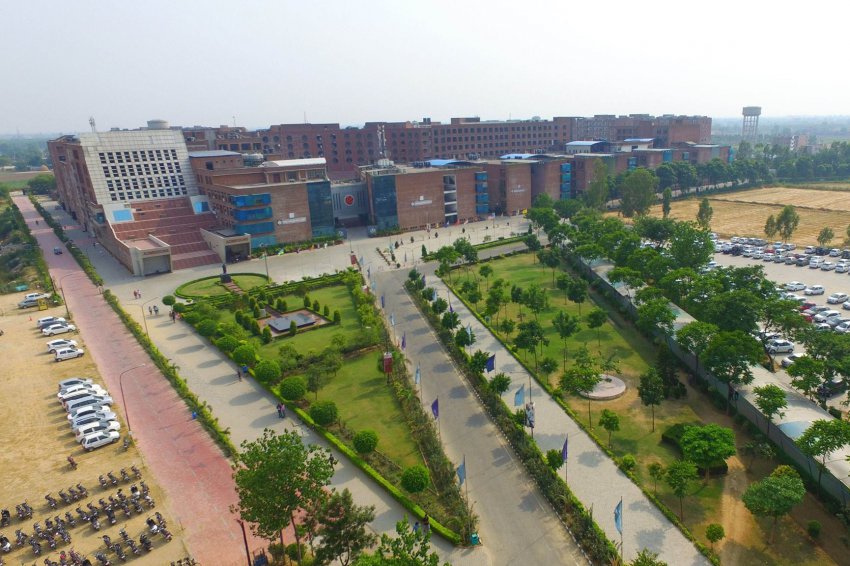

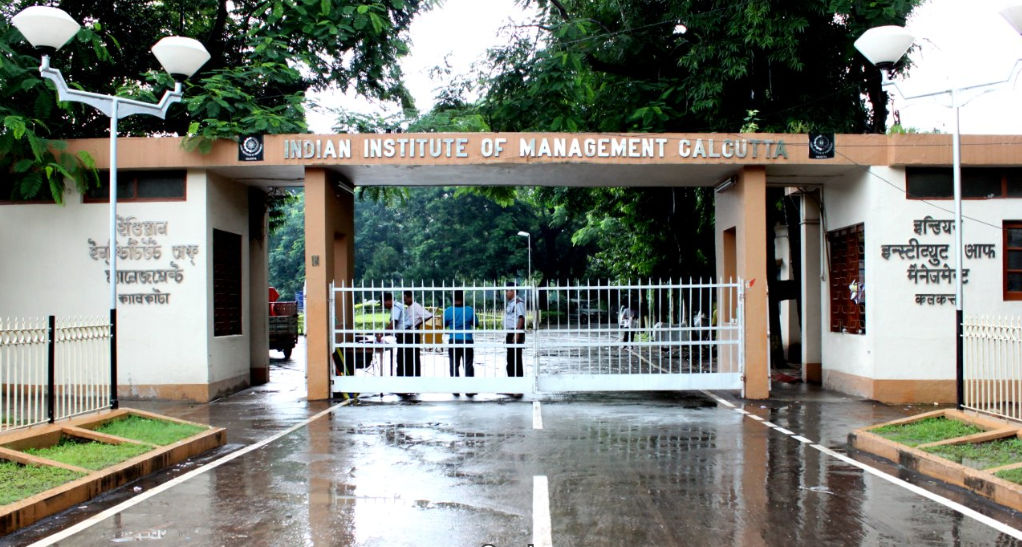
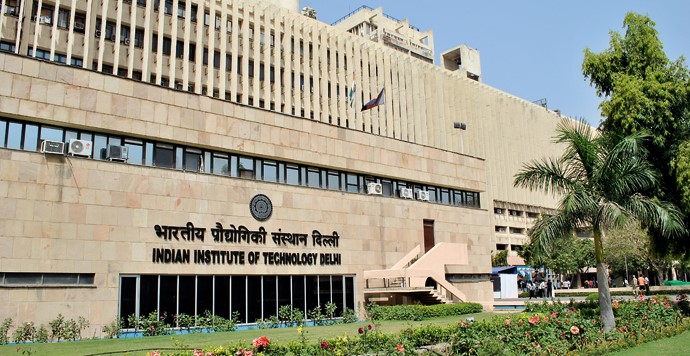
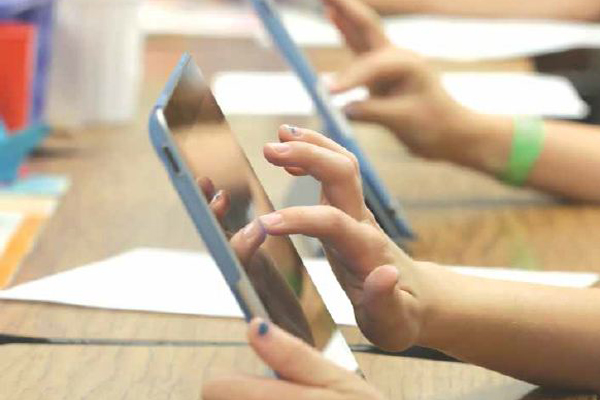


![UGC releases list of fake universities with UP at the top]](https://digitallearning.eletsonline.com/wp-content/uploads/2019/07/UGC-releases-list-of-fake-universities-with-UP-at-the-top.jpg)
